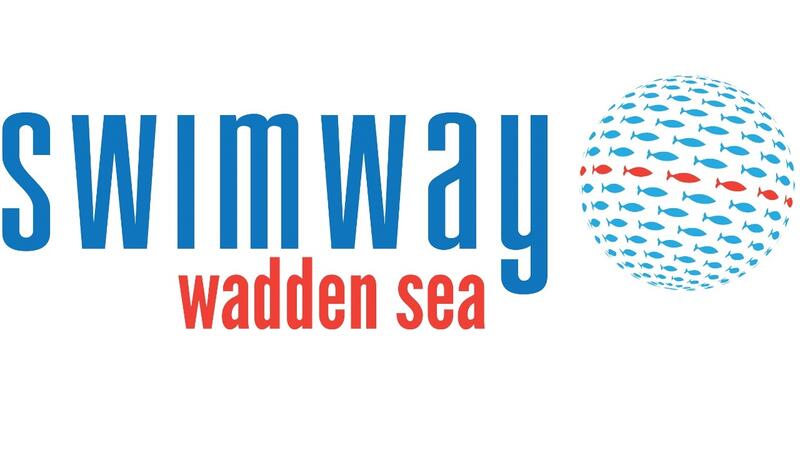Waddentools - Swimway Waddenzee granted

The Wadden Sea is home to a large number of fish species, but in recent decades populations have steeply declined. The shallow area provides shelter, food, spawning or living habitat in at least one of the life stages of these fish species. Similar to the crossroads function for birds (compare Wadden Sea Flyway Initiative), the Wadden Sea forms a junction along the life trajectories of fish. Yet, compared to birds in the Wadden Sea, fish are less well studied and received far less research attention. As for birds, a decline in fish populations may be caused by factors acting within the Wadden Sea or elsewhere along their migrations and in their life cycle. It is therefore crucial to identify the factors that hamper fish either within or outside the Wadden Sea.
This is the primary aim of the newly granted project Waddentools – Swimway Waddenzee, which directly derives from the trilateral Swimway Action Programme. In the next five years (2020-2024) a consortium consisting of the Waddenvereniging, Wageningen Marine Research, NIOZ Royal Netherlands Institute for Sea Research, and the University of Groningen will engage in this large scale project that aims to translate the outcome of fundamental questions tackled by solid scientific research into concrete management advice and measures. Rijkswaterstaat, the Ministry of Agriculture, Nature and Food quality, Sportvisserij Nederland, het Groninger Landschap and the program Towards a rich Wadden Sea are also involved in the project.
Capitalising on the large number of management measures already taken and still to be taken, effects of e.g. salt marsh management, sluice management and fisheries closures will be evaluated and measured. This knowledge will enable the optimisation of measures taken especially for fish.
To enable the Wadden Sea fish fauna to sustain and develop optimally first knowledge on potential current bottlenecks within the life cycles of fish species needs to be extended. That requires insight into the function of fish in the food web, the function of crucial habitats in different life stages, and the potential to reach those habitats and the limitations caused by physical circumstances for certain life stages or species.
In four work packages knowledge will be developed that will help underpin future management and alleviate the pressure caused by interventions from the past: closing off the sea arms and natural marine-fresh water transitions, land reclamation and intensified fisheries.
The ambition in the Dutch Swimway project is to contribute to management measures aiming at an improvement of the fish biomass and species assemblage in the Wadden Sea, the breeding success of fish-eating birds and sustainable fisheries.
